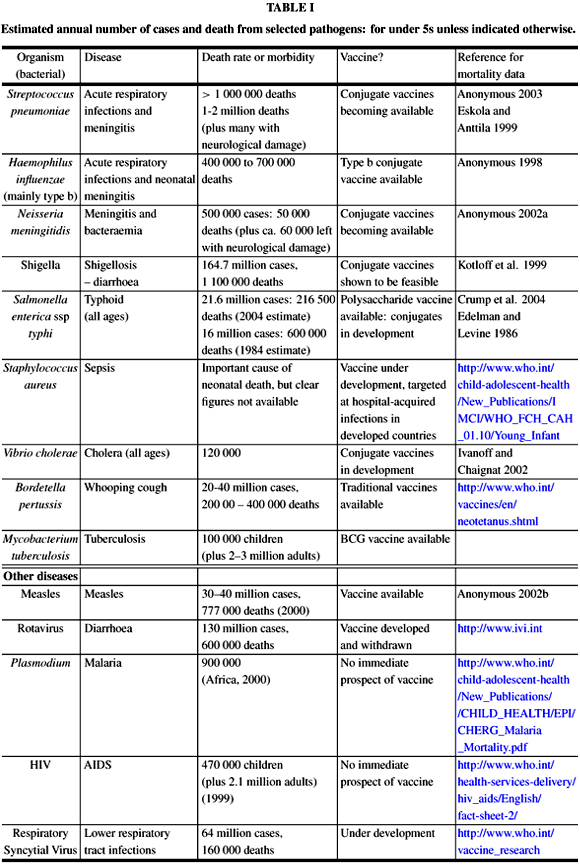Glycoconjugate vaccines, in which a cell surface carbohydrate from a micro-organism is covalently attached to an appropriate carrier protein are proving to be the most effective means to generate protective immune responses to prevent a wide range of diseases. The technology appears to be generic and applicable to a wide range of pathogens, as long as antibodies against surface carbohydrates help protect against infection. Three such vaccines, against Haemophilus influenzae type b, Neisseria meningitidis Group C and seven serotypes of Streptococcus pneumoniae, have already been licensed and many others are in development. This article discusses the rationale for the development and use of glycoconjugate vaccines, the mechanisms by which they elicit T cell-dependent immune responses and the implications of this for vaccine development, the role of physicochemical methods in the characterisation and quality control of these vaccines, and the novel products which are under development.
Glycoconjugate Vaccines; Capsular polysaccharides; lipopolysaccharides














